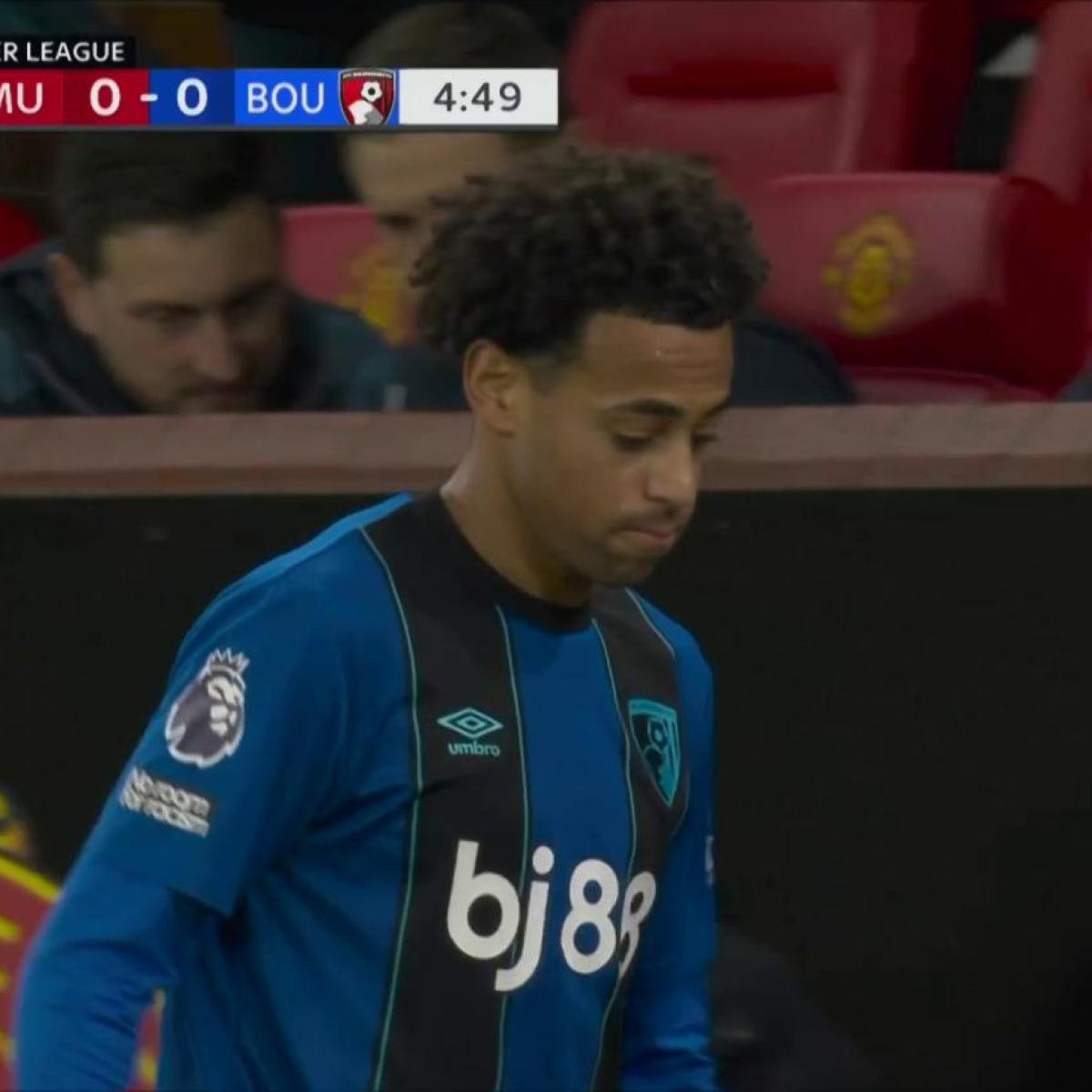Barcelona is once again dominating the European football landscape to replicate the success experienced under former boss Pep Guardiola. The Spanish giants are enjoying a long unbeaten run across La Liga, the UEFA Champions League and the Copa del Rey, but there is a different method to their madness.
This seemingly unstoppable force was far from a foregone conclusion. Manager Luis Enrique inherited an incredibly talented yet fractured squad from Argentine “Tata” Martino in May 2014, only managing to win the Supercopa in 9 months with the Catalans. Enrique’s own record was less than flattering, with the former FC Barca player coming from the youth coaching ranks before failing to make an impact in Serie A with Roma.
As Guardiola departed to Bayern Munich with three league titles, two Champions League medals and two FIFA Club World Cup victories among seven more trophies in his four-year spell, the dip in form and standards demonstrated how influential the head coach was to the set up.
The late Tito Vilanova did manage the league title, but failed in all the cup competitions while the club completely lost their way under Martino. The sparkling, crisp, incisive football that made the Barcelona brand a global force was abandoned and a change had to be made.
Enrique’s arrival culminated with the game-changing signing of Luis Suarez from Liverpool, gifting the Spaniard a front three trio of the Uruguayan with Neymar Jr. and Lionel Messi. The midfield dynamic altered with Xavi transitioning his powers to Croatian Ivan Rakitic, utilizing a younger and more physical playmaker that can adapt to tactical change easier.
Xavi remained one of the most iconic and influential midfielders in world football, but without the ball his aging legs were starting to become a problem over the duration of a long season.
Fast forward 22 months into the Enrique reign to March 2016 and a treble later, the coach is demonstrating a flexibility and pragmatism not even seen under Guardiola. Pep’s high pressing and possession-based football is still a central component to the club's identity, but the talent in the front third allows the team to adapt to circumstance, creating an animal that can beat the opponent a number of different ways.
Taking the 2-0 first leg victory over Arsenal in the UEFA Champions League last 16 tie as a case in point. The visitors still enjoyed 65.7 percent of possession over the 90 minutes, yet Barcelona’s opening salvo came from a swift counter attack executed as they held off the Gunners from wave after wave of pressure.
Instead of pressing Arsenal into submission, the Blaugranes patiently waited for their moment to pounce on a moment of weakness rather than force the play themselves. Busquets, Rakitic and Iniesta maintained a narrow shape to outwit and outmaneuver the Gunners trio of Aaron Ramsey, Francis Coquelin and Mesut Ozil.
This was demonstrated in the possession statistics, where the ball was battled for 51 percent of the time in the middle third of the ground either side of halfway.
Fullbacks Dani Alves and Jordi Alba offered width down the field to send direct balls to Neymar, Suarez and Messi as the game became more drawn out. With 20 minutes left in the contest, as legs began to tire from the hosts, lumbering defender Per Mertesacker was caught up field before Neymar ran into the space, laying the ball on a plate for Messi to hit home.
At 1-0 down, Arsenal could have taken the result on the chin but opted to chase an equalizer, leaving Mathieu Flamini to recklessly concede a penalty against the Argentine to essentially put the contest to bed. The 2-0 result was reward for patience and execution, outlining a pragmatic philosophy from Enrique that is taking Barcelona to new heights.
Enrique understands that Leo Messi cannot press and harass defenders without the ball like he once could. This clever adaptation shifts Messi to the right wing where he picks his moments to drift centrally when the space opens up. This allows Suarez to do what he does best – act as the fulcrum up front and be the first line of defense.
Ironically enough, Guardiola has altered his football in Germany to stay in tune with the trend of flexible football. Taking on a Bayern Munich squad with wingers that prefer running at defenders than maintaining possession and physical center forwards that enjoy attacking aerial balls in the box like Robert Lewandowski, Thomas Muller and Mario Mandzukic (before he left for Juventus), the incoming Manchester City manager has altered from his Barcelona Plan A to move with the times.
It will be intriguing to see what the highest profile coach in soccer does in England next season. But what should have everyone salivating is the prospect of a Barcelona and Bayern match up in this seasons Champions League – putting Guardiola under the biggest test so far against Enrique’s Catalan machine. Given the practical tactical approach both clubs will be bringing to the potential contest, neither outfit will want to give an inch.




